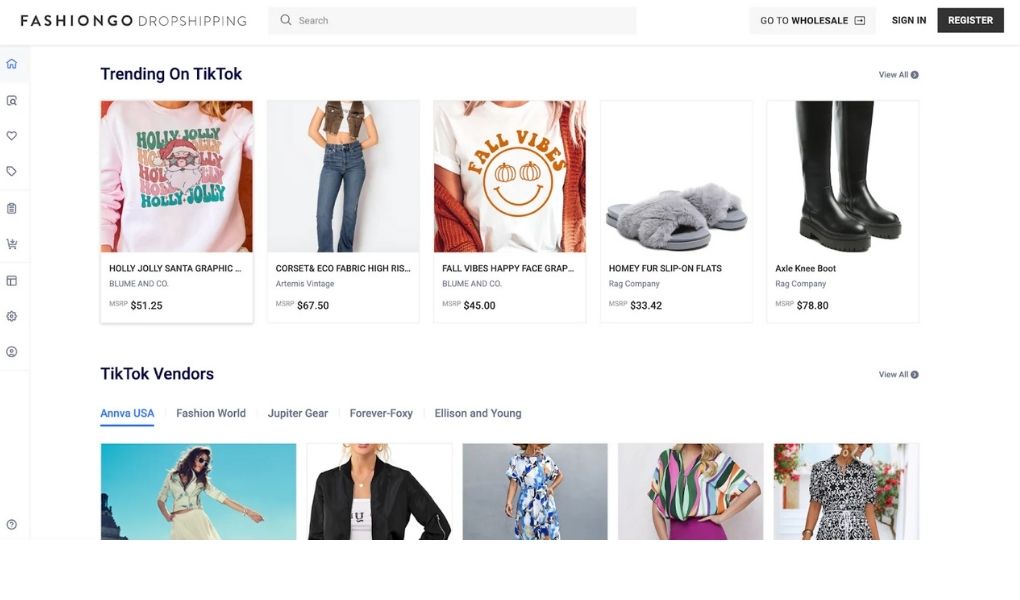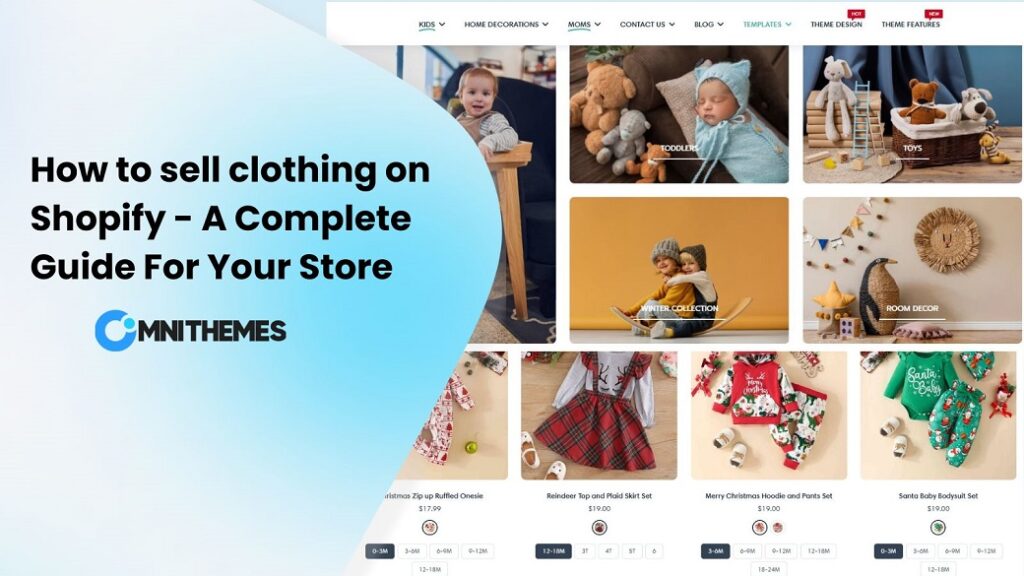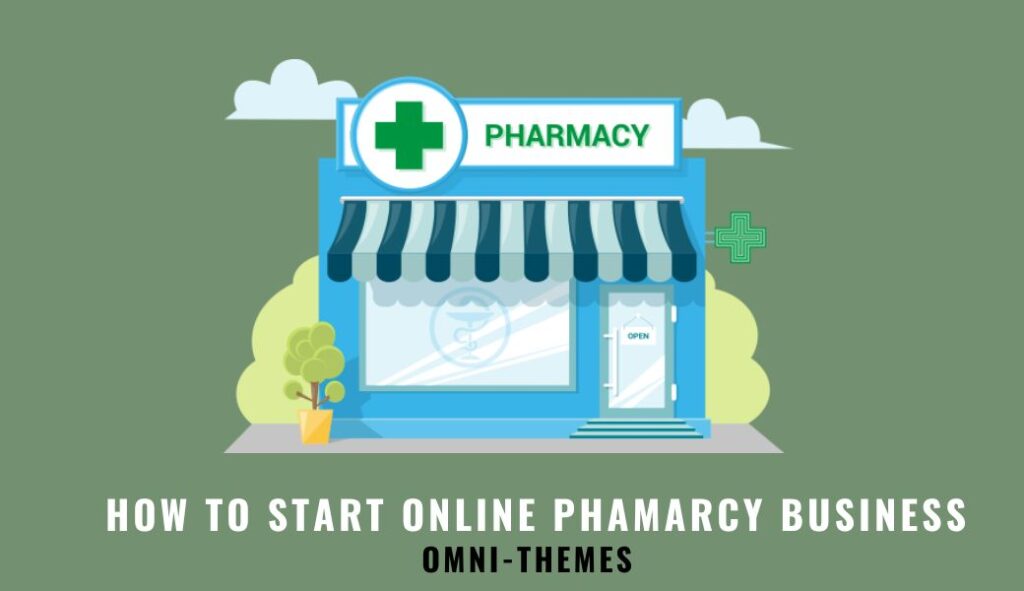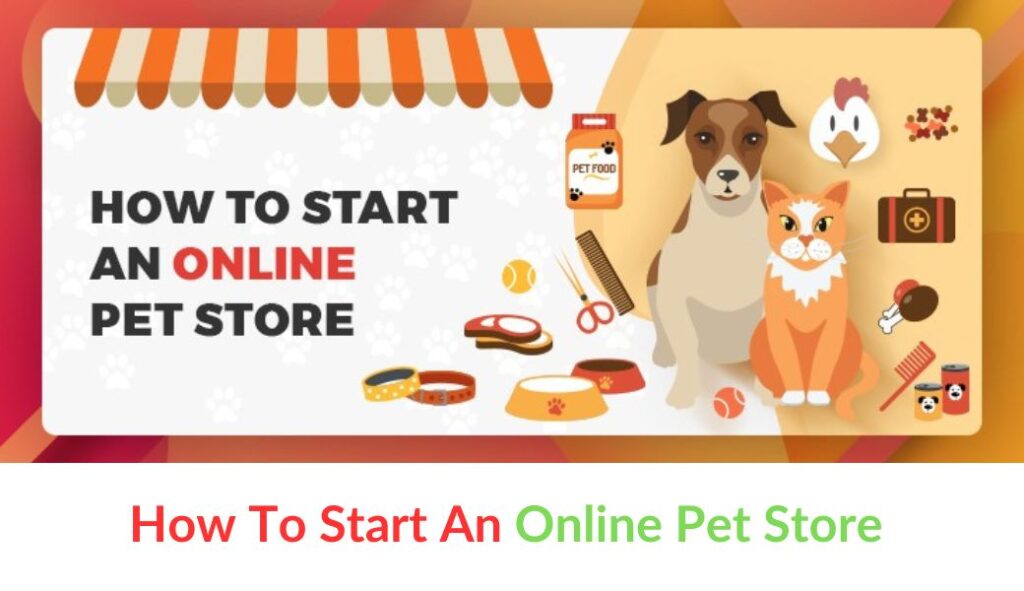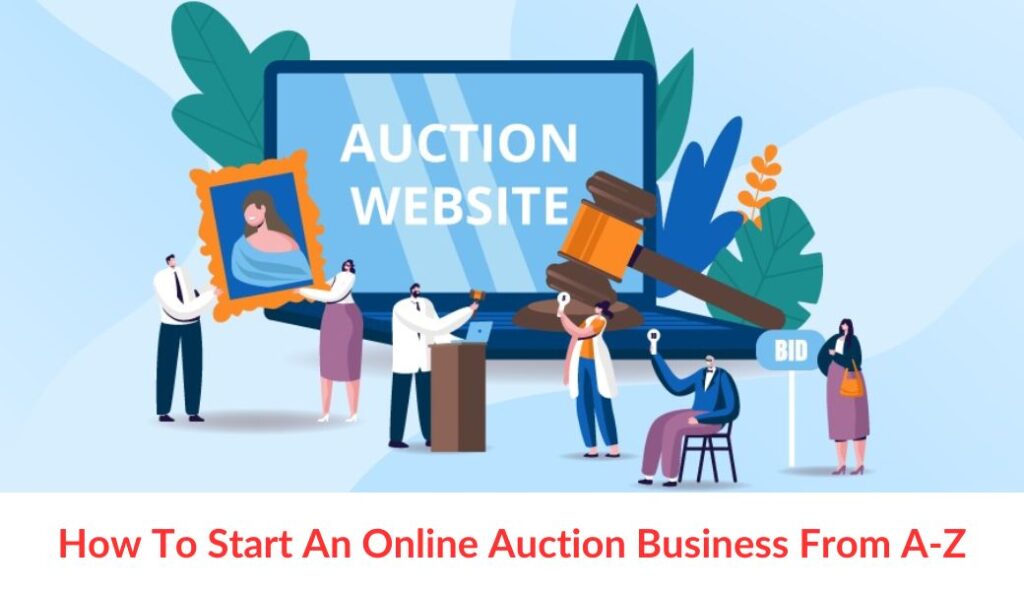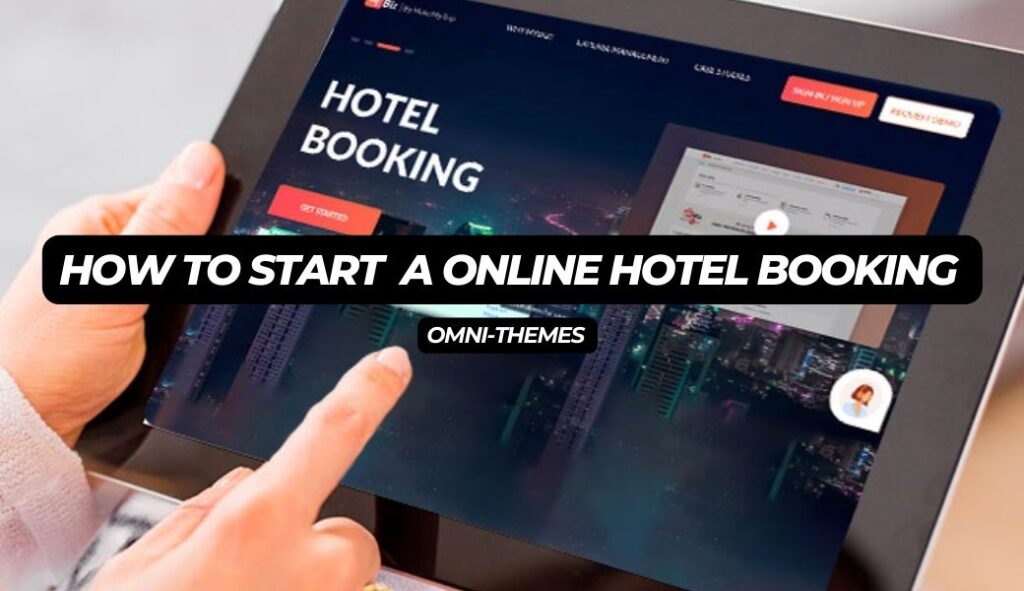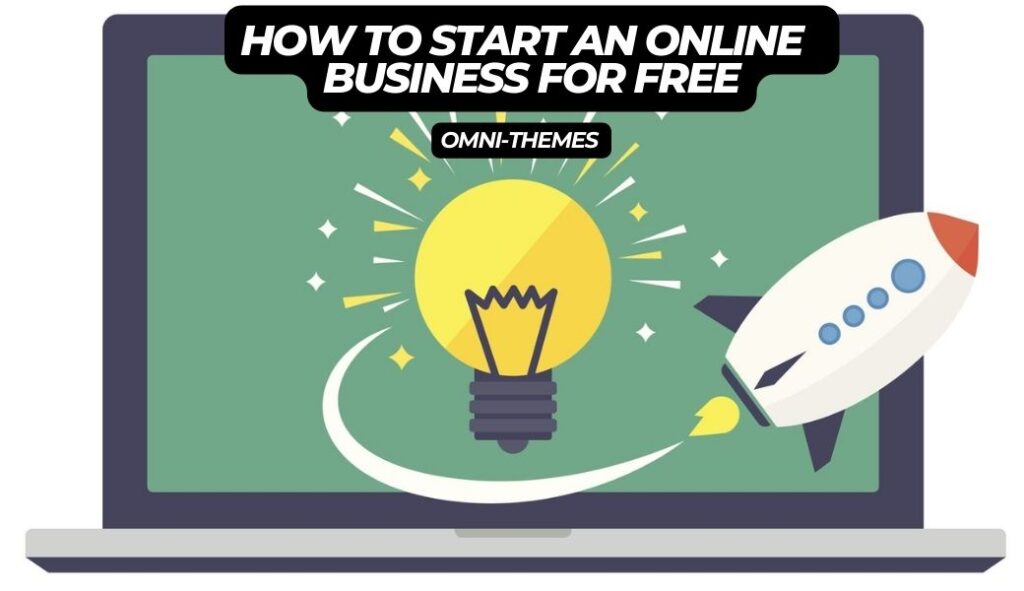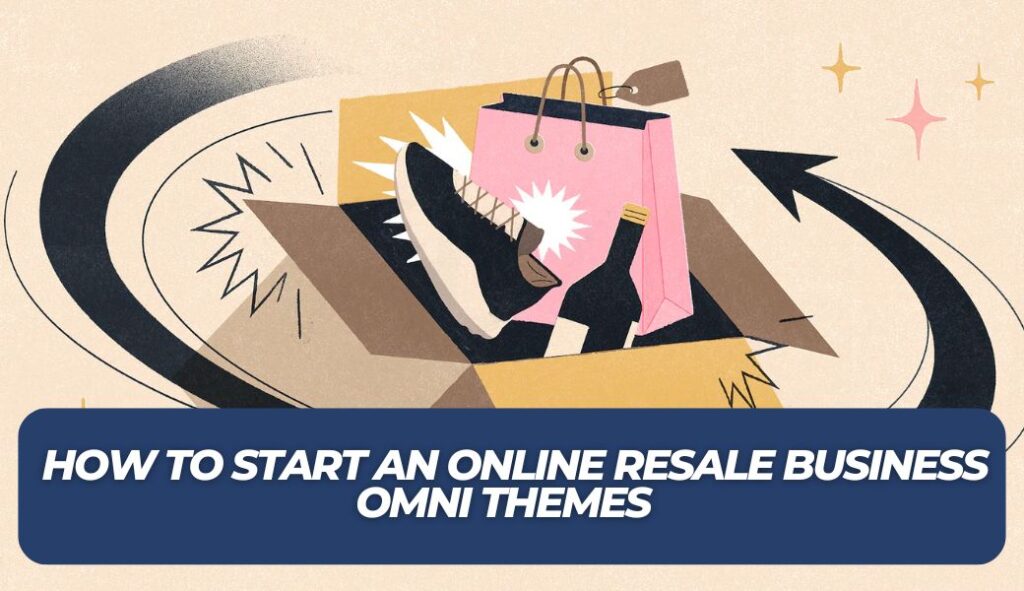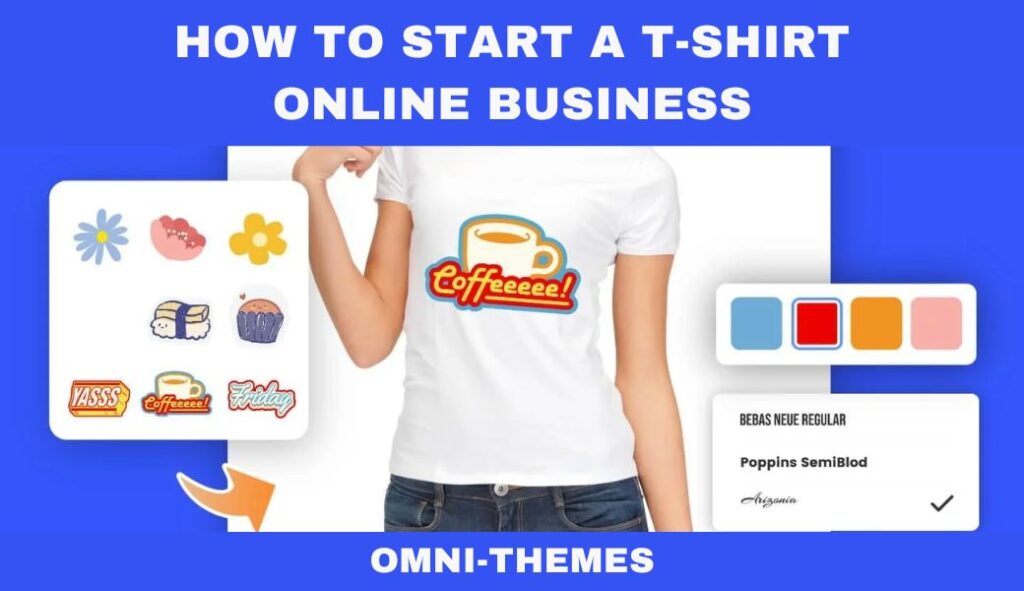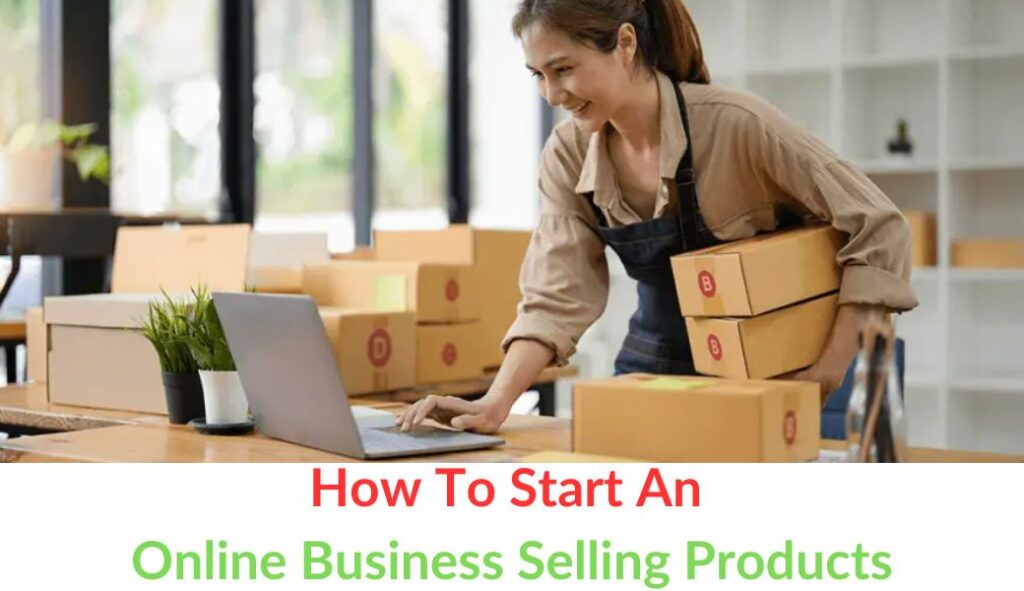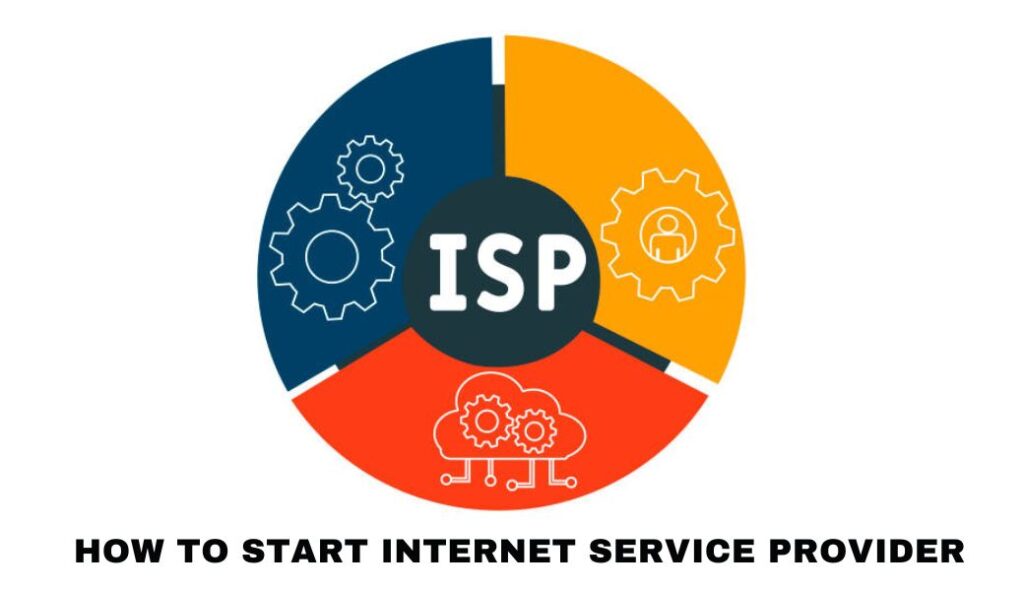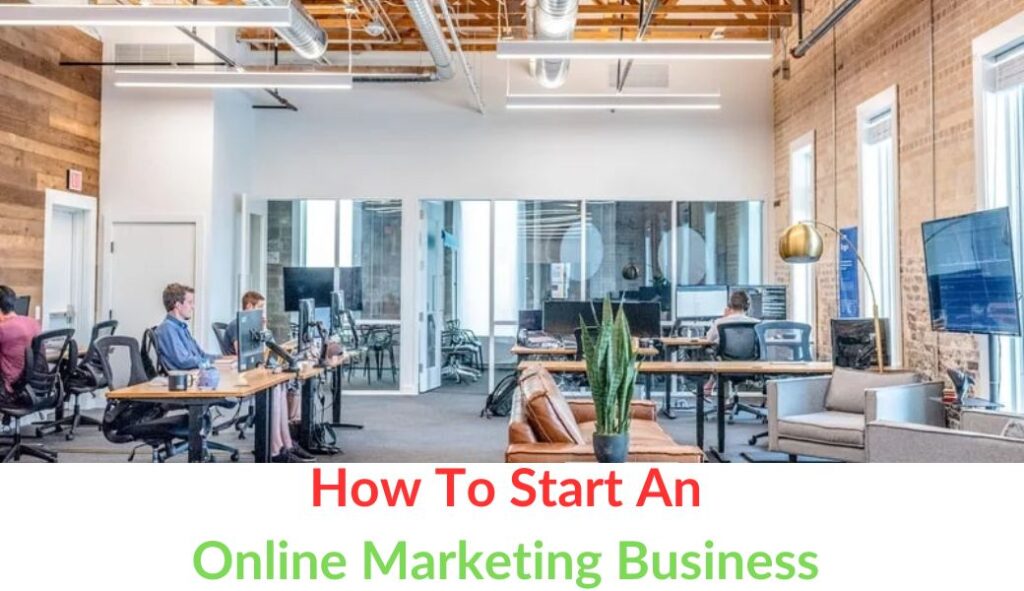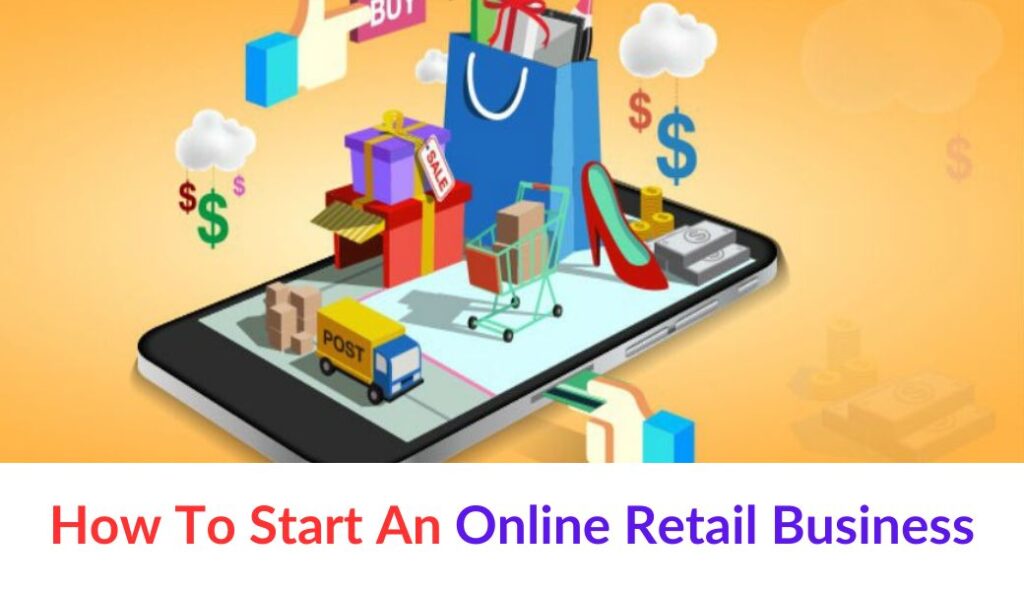Do you know that large international companies like PepsiCo, Kylie Cosmetics, Kim Kardashian’s Skims, Gymshark, Red Bull, and All Birds use Shopify as an online store? Yes! That’s right! Shopify isn’t just for startups anymore!
It is a powerful platform for businesses of all sizes and across industries! With more than 2.4 million active users daily which increases day by day, if you love to start a business in Shopify with entrepreneurial ideas, you come to the right place.
This comprehensive guide will walk you through every step of how to start a business on Shopify. Whether deciding on what you are going to sell or opening your store and moving forward, you will have all the information to have a look at here.
How to Start a Business on Shopify: 4 Detailed Steps
Ready to take the plunge and explore how to start a Shopify business? Signing up for a free trial is quick and easy. Here’s a breakdown of the process:
Step 1. Start with Idea & Research
Building a successful online store starts with a strong foundation – identifying your niche market and conducting thorough research. Here’s how to navigate these crucial steps as a beginner starting a Shopify store:
1.1 Niche Discovery
- Passion Meets Profit: If possible avoid options that are pure passions because they do not guarantee a good buying market, choose niches that are good buyers. Do some introspection: What do you know, or what interests you? Could this be translated into a product or a service delivery?
- Community Champions: Do you have forums, or social media groups where this topic is cyclical, where people discuss the product or service they wish to have? These communities can be treasure troves of original ideas for pinheads.
- Trend Spotting: The right should monitor the trends and the products that are likely to trend soon. However, do not target overly saturated niches, because there will be a lot of competition to deal with. The next approach depends on the scientific analysis of the tendency and identifying sub-niches that form the unique selling proposition (USP).
1.2 Researching Your Niche
- Keyword Research: Understanding search trends can be helpful when you start a Shopify business. Free market research tools such as Google Trends and Keyword Planner help in estimating the volume of searches for prospective product keywords.
- Competitor Analysis: Understand their advantages and disadvantages – this may assist in defining your sphere in the market.
- Social Listening: Be aware of the discussions that are happening in terms of your area of interest. Preferentially search for product reviews, complaints, and dissatisfaction or stimulating needs. It enables you to apply the same to fill the gaps you have identified and to differentiate yourself from rivals.
- Industry Reports: Various magazines, newspapers, journals, and other industry sources can be a rich source of information on the size of the market, trends in it, and the kind of customers that exist in the market.
💡 Tips
The key to achieving success in this regard is to begin by clearly identifying a specific area and then carrying out extensive research, which will inevitably bring you closer to the opening of a successful Shopify business.
Step 2. Write a Business Plan

A well-crafted business plan is crucial, especially when you’re learning how to start a business with Shopify. It acts as your roadmap, outlining the steps to establish your venture, including developing the business structure, managing operations, and planning for future growth. By considering the major components of your enterprise in this way, you’ll be well-positioned for success.
2.1 Key element of a Business Plan.
It is crucial to have a solid business plan for every online business, especially for stores built on Shopify. Here’s a breakdown of the key elements to include
🔑 Executive Summary
This is a summary of your whole business proposal and it contains the business idea, customer niche, its competitive edge, and expected revenues. It should immediately capture the reader’s interest so that they will begin to read the information that follows with passion.
🔑 Company Description
Introduce your business and include your business’s mission statement and the value proposition you provide to your clients. If it were a Shopify store, this segment would explain the kind of products or services the business will offer and the challenge that the firm conquers for buyers.
🔑 Competitive Analysis
Make a list of your competitors and find out more about them, their portfolio, and their prices. To be able to know or learn their performance profile or their strengths and weaknesses. Describe how your business will be unique and cater to consumers’ needs in the market.
🔑 Products & Services
Explain clearly the types of products or services that you want to sell in your Shopify store. In your case, briefly describe your sourcing plan, if relevant, and how you will coordinate the management of the inventory.
Your business plan should contain a marketing & sales strategy, market analysis, management team, financial forecasts, sources of funds, etc.
2.2 Business Plan Template Resources
There are numerous resources available to help you craft a business plan, including templates suited to different needs
- Shopify: It doesn’t provide pre-written business plans itself, but it offers a fantastic platform to manage and start a business with Shopify effortlessly
- SCORE Startup Business Plan: This leaner template is more focused on the vision and forecast statements as it should, especially if the business is new.
- Traditional Plan: This way, they will be able to see an example of the identified plan and its structure in a pre-filled format.
- Lean Startup Format: It is further subdivided into areas of value proposition, finances, and operations in case of utilizing the flex model for organizations.
- Indeed: Provides checklists for business plans and business models which may help to think about employment and customer issues.
- Forbes: Has a basic format based on six critical elements: mission statement, value proposition, target market, marketing/revenue model, structure and operation, and pro forma financials.
- HubSpot: Contains everything from the basic business summary and market reports to executive summaries and one-paged business plans and strategies.
Your business plan is your sales tool that you will use to persuade people for your company to offer services to them or for them to invest in your company.
Step 3. Build Your Shopify E-commerce Website
An online business’s website is much more than just a digital storefront; it is the company’s lifeblood. Customers will locate your goods, and make informed decisions. For most vendors, though, starting from scratch with a website is a very difficult task.
Website design doesn’t have to be expensive. With its user-friendly interface and wide range of templates, Shopify empowers anyone to start a Shopify business and establish a beautiful, functional online store in no time.
Why Shopify Stands Out for You?
While there are various website builders, Shopify shines brightly for new sellers due to its:
- User-Friendly Interface: Shopify boasts a fantastic user experience, making it easy for beginners to navigate and manage their online store.
- Diverse Themes: Choose from a wide variety of themes specifically designed for online businesses, allowing you to create a visually appealing and professional storefront without needing design expertise.
Research by Built With shows Shopify’s dominance in the e-commerce platform space. With a 27% market share in the US alone (and 26% worldwide), it’s a clear leader trusted by numerous businesses.
By combining affordability, user-friendliness, and a robust platform, Shopify empowers new sellers to launch their online business dreams without a hefty price tag.
Shopify makes it easier and less expensive to start your online business by doing away with the requirement for intricate website construction. OmniTheme is a fantastic website where you can thoroughly study and learn about theme reviews and comparisons.
Step 4. Marketing and Scaling Your Store
Paralleling you start a business Shopify, it’s time to implement marketing strategies to drive traffic and sales. Here are 4 powerful methods to consider!

Content Marketing and SEO Powerhouse
SEO is rather a wise counselor to the king-named content in the kingdom of online marketing. Learn how to create content that informs as well as markets you as an authority in your line of business. Optimize your content usually with the keyword to appear high on the search engines, and generate traffic naturally.
Creating and optimizing both web pages, which include an informative landing page and valuable how-to articles, assures clients recognize you as an expert and directly get highly targeted traffic to your store.
Paid advertising
In the Shopify domain, paid Advertising is revolutionary for the business. If executed well, this encourages a lot of potential consumers, which in turn helps to increase your sales effectively when you start a business in Shopify.
It is not about knowing all the advertising channels currently available such as Google Ads, Facebook Ads, and others but knowing how to optimize them. In this context, guides that are suitable for learners and beginners in the matter of paid advertising exist.
With these guides and constant checking and tweaking of your strategies, your paid ads would surely have the perfect aim of driving your targeted audience and boosting your sales to the next level.
Social Media Savvy
Indeed, one should not underestimate the significance of social media! It is recommended for a business to have a continued presence on those channels actively used by the targeted clientele.
Posting useful articles and updates, making people discuss through the help of effective calls-to-action on the posts, and communicating with the followers. Creating an active presence on social networks has a positive influence on the identity of those networks, therefore sales are increased.
Email Marketing
Electronic direct mail is still one of the powerful methods to cultivate leads and retain clients. Create an email list by creating items for a Giveaway with attractive rebates in exchange for early delivery of certain goods. This two-way communication cultivates lasting relationships with your customers, a cornerstone of success when you start a business with Shopify.
Data-Driven Decisions
This guide simplifies the process of starting a Shopify store for beginners. Proper information education empowers, and statistical data enlightens. Many resources overwhelm aspiring entrepreneurs venturing into e-commerce. Make use of Shopify analytics or any other analytical tool to monitor the traffic to the website, customer behavior and responses, and the success of the marketing campaigns.
Once you have this data, you need to assess it to determine areas that require change. Utilize the following decision-making strategies to improve your marketing performance, achieve higher ROI, and guarantee store updates to fit the consumers’ needs.
To enhance your data-driven approach, consider integrating tools like Gojiberry into your strategy. Gojiberry is a powerful survey platform designed for Shopify store owners to collect zero-party data—direct feedback from customers through pre-purchase surveys, post-purchase surveys, and product quizzes. By using Gojiberry, you can go beyond basic analytics to uncover the why behind customer behaviors, enabling you to make more informed decisions. Plus, its fully customizable design ensures your surveys stay on-brand while providing valuable insights that help refine marketing strategies, improve customer experiences, and drive higher ROI.
Tips for Starting a Business on Shopify Effectively.
You now know the full process of How to Start a Business with Shopify. Let’s fasten your business success with some “dopamine” – these useful tips and tricks:
Reduce your workload with the right tools:
- Pick the right Shopify theme: The Shopify Theme Store provides sellers with many options, ranging from free to paid. It is advised to go for a premium theme like Eurus Theme which is equipped with many powerful features for store owners. At the same time, this can reduce the dependence on any extra tools that can slow down your website speed, and ultimately affect the store’s performance.
Adding Products to Your Store
- Create Compelling Descriptions: Write creative product descriptions that cover features and benefits and make the reader feel good.
- Pricing Strategy: Carry out research on business competitors and weigh the costs of the different prices to ensure reasonable wholesale prices that will allow enough profit margin. Help with this can be provided by tools within Shopify.
Learning from Successful Stores
- Case Studies: Research successful Shopify fashion stores such as Fashion Nova to find some inspiration and realize what strategies work.
- Social Media Strategy: It is necessary to observe in the case of successful stores like Fashion Nova how social media is used correctly and with the help of user-generated content, active engagement, and brand recognition.
Relate post
How To Sell Clothing On Shopify – A Complete Guide For Your Store
How to Start a Business with Shopify – Final Words
Following our simple, beginner-friendly instructions about how to start a business with Shopify. Then, you can easily establish your business with a breeze. Shopify can construct a professional shop for you and your business for a little cost and time commitment.
Selecting a theme that aligns with your brand and product offerings is crucial for building a successful online store. We also recommend the Eurus Shopify theme due to its focus on speed, mobile responsiveness, and high customizability.
If you have questions about how to start a Shopify store for beginners along the way, don’t hesitate to reach out to us! Omni Themes has years of experience helping businesses like yours to build a high-converting Shopify store.
















